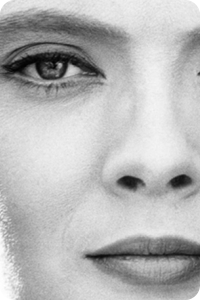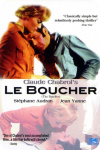This three-hour comedy is incredibly, oddly wondrous. It skewers without the bathos of shame; it takes an anthropological eye to a rutting, pathetic—albeit creative—hedonism that nobody in the vicinity of their right mind would find aspirational. Yet somehow, in the end everyone emerges as compellingly human. Nobody’s excused, nor indulged, nor saved. They’re just mercurial concoctions of self-preservation, pride, and regret.
The credit for this feat goes to Martin Scorsese. It does neither of us any good to recognize that this man and his indefatigable energy are now seventy-one years old—he’ll surely continue as a secular, mischievous Whirling Dervish for at least thirty more. The script, penned by Terence Winter and based on Jordan Belfort’s memoir, is sharp, inventive, and memorably bold. The supporting cast is excellent—chief among them a very disconcerting, very waxy Jonah Hill, the subtly steely Margot Robbie, and Kyle Chandler, the only actor I can think of who combines cleverness, rectitude, and charm.
Any review of this movie would be remiss without a mention of Leonardo DiCaprio’s grandly unhinged performance. He’s decidedly decent as an earnest, furrow-browed type trudging his way through a sleeting, indifferent world (The Gangs of New York, The Departed, Revolutionary Road, et al.), but thankfully the man is finally embracing his comic genius. Give him a Calvin Candie, a Jordan Belfort, a Jim Carroll, or anybody else with a malfunctioning superego, and he creates a precise, intoxicating, multi-tiered super-reality.
There is but one misstep in the form of a mastermind Swiss banker played by Jean Dujardin. Now, Mr. Dujardin is winsome, toothy, and, quite frankly, provokes the part of my brain that responds to adorable sloths and Herb Ritts's sand/sclera/white t-shirt portraits, but he has exactly zero gravitas. I could possibly dismiss this bit of miscasting if not for the existence of fellow francophone Vincent Cassel, who should be invoked whenever the allure of money and power abuts the the precariousness of something sacred.
Fans of cinema, bravura, apocalyptic capitalism, sniveling moralism, life: order a pizza (or two), watch this movie, and call it a night!















